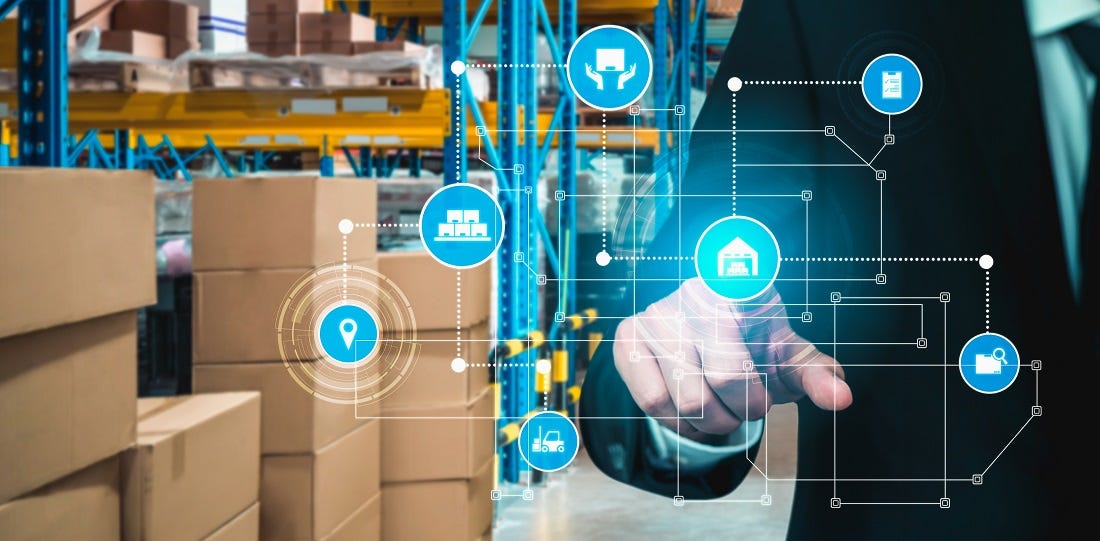
In 2025, the global logistics industry is expected to reach $15 trillion, with companies expected to deliver faster and more efficiently. Logistics process automation involves using technology to enhance and streamline the delivery of goods and services, using advanced systems to deliver goods more quickly, cheaply, and efficiently. This includes replacing manual tasks with machine or software to reduce error and human dependency. The traditional challenges with logistics management include paperwork and manual data entry, which can result in slow operations, increased human errors, delays in processing orders, shipments, and invoices, and increased transportation expenses. Automation provides visibility into every step of the logistics process, from warehouse management to final delivery, and helps businesses monitor performance and identify bottlenecks more effectively.
Source
This post was brought to you by Wrk. Our bot looks for news related to automation and post daily.